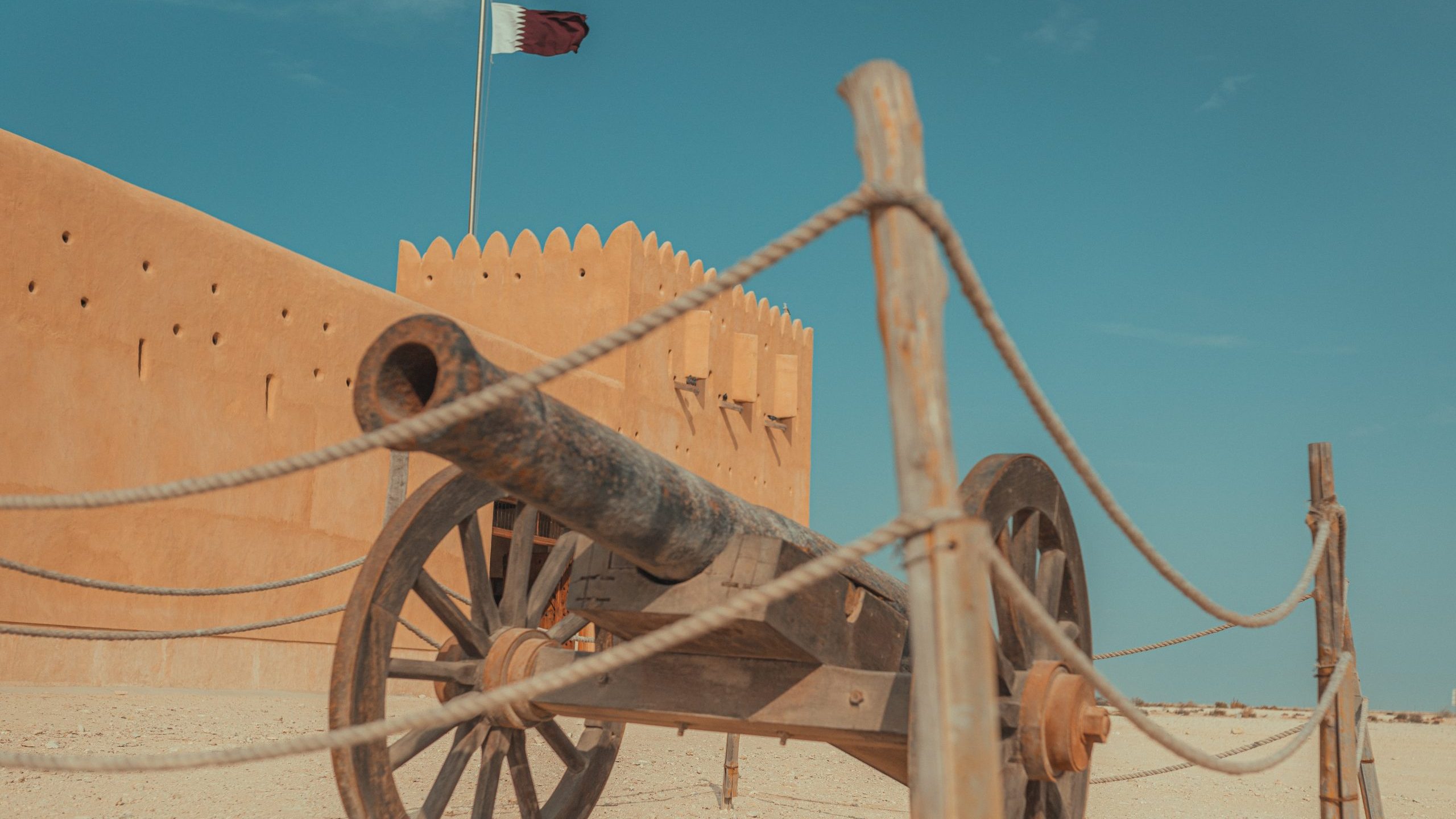Qatar Museums is collaborating with schools across Qatar to inspire the next generation of archaeologists.
Qatar Museums (QM) is taking the lead in inspiring the youth to pursue archaeology by integrating cultural heritage education and preservation into the curriculum.
During the panel discussion on Heritage for Tomorrow at the Art for Tomorrow conference in Italy, Sheikha Al Mayassa bint Hamad bin Khalifa Al Thani, Chairperson of Qatar Museums, emphasised the importance of developing the curriculum in schools and involving students in archaeological sites.
“One of the most important things for us in the work that we do when it comes to cultural heritage and preservation, whether it’s in Qatar or the [Middle East] region, is the curriculum development in schools,” Sheikha Al Mayassa said.
“Encouraging them to become archaeologists,” she added.
The government-run institution is currently collaborating with schools in the north of Qatar where many archaeological sites are located, but schools don’t have much to do in the area because it’s not as developed as the capital, Doha, the official explained.
By developing the curriculum in these areas, students can come and work on the sites, learn about archeology, and be encouraged to become archaeologists themselves.
Sheikha Al Mayassa also revealed that there are over 9,000 archaeological sites in Qatar, and Qatar Museum has been working with international missions to excavate and find artefacts.
QM’s Cultural Heritage Education programme provides students, teachers, and families opportunities to visit heritage sites and engage with archaeologists’ work. Workshops include pottery restoration, tool-making, excavation, and field surveys, teaching participants how to excavate and record finds accurately.
Not only that, but it also organises field trips to heritage sites and lectures on various aspects of the discipline to broaden people’s knowledge of the country.
During the panel discussion, Sheikha Al Mayassa also discussed the protection of cultural sites in conflict zones. She said UNESCO’s involvement in these situations is crucial for preserving heritage sites.
“In Sudan, we had a big project with 45 international missions, many of which were Europeans, where we were working in the Nubian civilization which predates the pyramids in Egypt, and it was a very important project,” she said.
“With the current situation in Sudan, it becomes impossible to pursue such a project, and this is where I think the role of UNESCO becomes critical in terms of how you preserve heritage sites in times of conflict.”
The Art for Tomorrow conference explores the relationship between the arts and society and the social and economic influence of culture. It was founded in 2015, with its inaugural gathering in Doha, and subsequent years in 2016 and 2017.
It was hosted in Berlin in 2018, relaunched in Doha in 2021, and held in Greece last year. The event will run until April 30.







